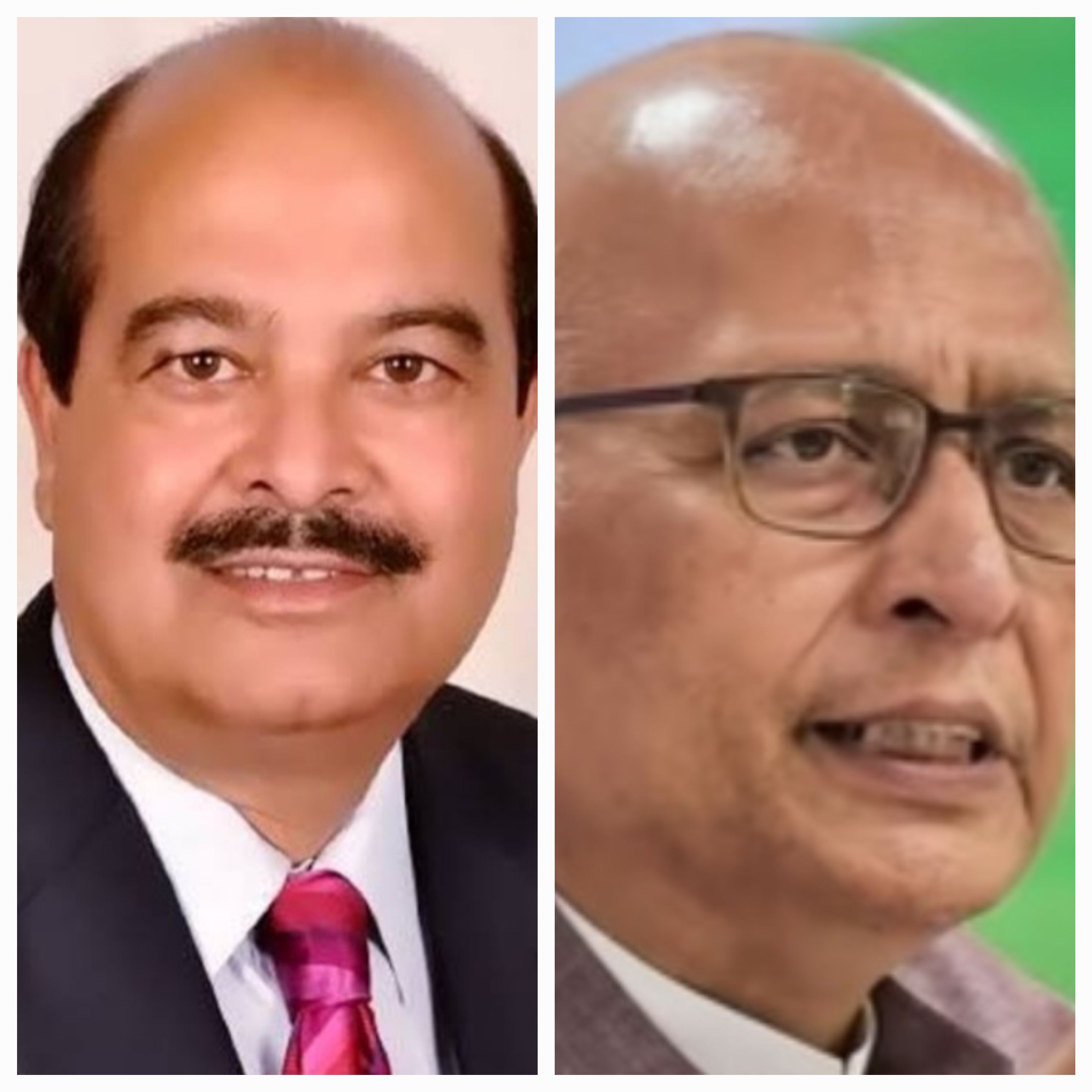Senior advocate of the Supreme Court and Congress candidate for the Rajya Sabha, Abhishek Manu Singhvi, has filed a petition in the High Court challenging the outcome of the recent Rajya Sabha elections.
Singhvi, who contested against BJP's Harsh Mahajan, raised concerns over the draw of lots system used to break the tie after both candidates secured an equal number of votes.
In a dramatic turn of events during the elections held on February 27, both Singhvi and Mahajan received an equal number of votes, with each securing 34 votes.
However, when the lottery system was employed to decide the winner, Mahajan's name was drawn, leading to his declaration as the victor.
Singhvi, through his petition, has argued that the lottery system is flawed and lacks legal basis.
He emphasized that there is no provision in the law which states that the candidate whose name is drawn from the lottery should be declared the winner.
Typically, in such cases, the prevailing convention is to consider the candidate whose name is drawn as the winner.
However, Singhvi pointed out that this norm was not followed in the case of the Rajya Sabha elections.
Expressing his views on the matter, Singhvi emphasized the need for clear and logical rules to govern such situations.
He suggested that in the event of a tie, both candidates should be given the opportunity to represent the constituency for an equal duration of time.
Additionally, he proposed the formulation of guidelines to determine which candidate would serve first in case of a tie, possibly favoring the elder candidate.
Singhvi's challenge to the election outcome underscores the importance of legal clarity in electoral processes, especially in cases of deadlock.
The decision on Singhvi's petition is anticipated to be significant, as it may set precedents for future elections and guide the formulation of legal frameworks governing such scenarios.
As a seasoned legal expert, Singhvi is expected to leverage his petition as an opportunity to contribute to the evolution of electoral laws.
It will potentially pave the way for reforms that ensure fair and transparent elections in the future.
The High Court is set to review Singhvi's petition, and its ruling on the matter is eagerly awaited by political observers and legal experts alike.




